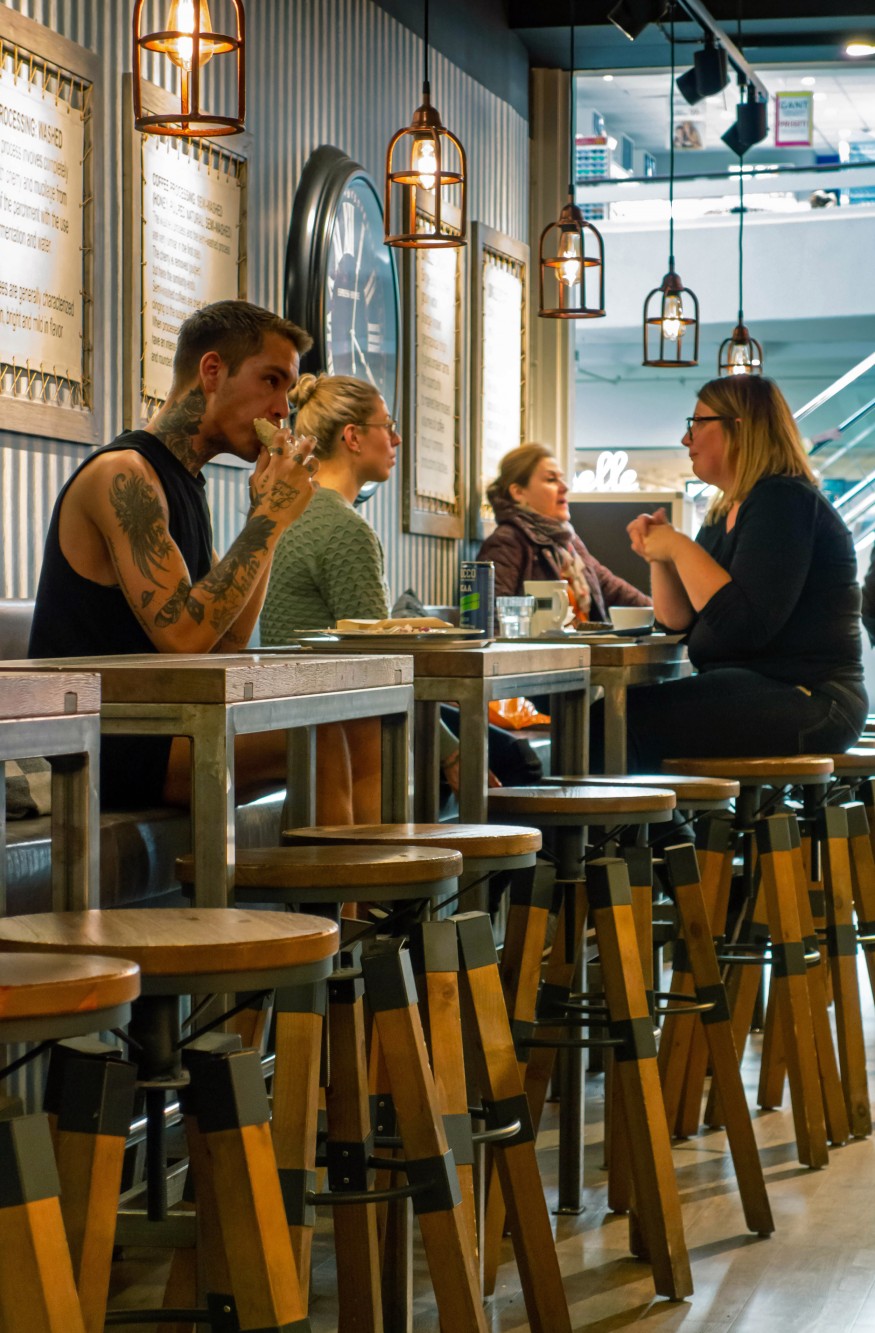
Unlike many developed nations, Sweden never implemented a lockdown to curb the COVID-19 pandemic like the rest of the world. It kept elementary schools open and has allowed the majority of businesses, which include bars and restaurants, to continue to operate. EU citizens can still enter and exit the country. The only thing it has in common with other countries would be the implementation of social distancing, although this has been mostly voluntary, as long as groups do not reach 50 in number.
Nevertheless, Sweden is doing something about the pandemic. Schools for older kids are closed, universities as well. People mostly work from home, and the elderly population is encouraged to avoid contact with others.
Ski resorts are closed. Bars and restaurants only allow table service, and groceries are putting up glass dividers that serve to separate cashiers from customers. In Stockholm, cafés and bars are full, although these are the citizens who chose to risk infection. Many others stay home.
According to Swedish officials, the government is not attempting to develop so-called herd immunity, where a lot of people contract the virus but does not cause widespread disease. Instead, Sweden wants to adopt the loosest possible approach that will still keep the rise in cases down to non-exponential levels. Anders Tegnell, the chief state epidemiologist, said last month that the country is in the mitigation phase, as opposed to a containment phase.
This situation means that if there is no vaccine, or no massive outbreak occurs, herd immunity will not arise; the virus will remain a problem. Even if the country emulates China and strictly implements a lockdown to eradicate the virus within its borders, the virus will return immediately after the lockdown is lifted.
Sweden, therefore, implemented policies base on the premise that the virus may only be managed and not suppressed, and that the people will not be able to tolerate lockdown beyond one or two months, due to overwhelming economic needs, isolation, or boredom. Taking these into consideration, Sweden then closed schools except for the grade-schoolers, since the evidence points to younger children not being a significant source of transmission.
It also prohibited close seating in restaurants and bars, allowing them to operate as long as there is more significant space between customers and tables. Sweden encouraged people to maintain distance from each other, but it did not impose it.
An unchecked virus spread can have an expected mortality rate of 10 to 1,000 times higher compared to countries with a strict lockdown. However, Sweden only got a 0.01% mortality, roughly twice Denmark's death rate (which implemented tight lockdown and has approximately 0.005% mortality). Sweden also has half the death rate in France. There are a lot of deaths in nursing homes because to isolate the elderly is easier said than done, as pointed out by Megan McArdle.
The effects of policy in a pandemic only get results weeks or months later after something is implemented. Theoretically, Sweden may get a rise in cases after many weeks. In case Sweden adopts a short lockdown followed by relaxation, Johan Giesecke, a specialist in infectious diseases, said that this will still cause an exponential rise soon after the lockdown stops. The surge of cases may be delayed, but it will again occur. Giesecke pointed out that even a 14-day lockdown will still cause social and economic disruption.
© 2025 NatureWorldNews.com All rights reserved. Do not reproduce without permission.





